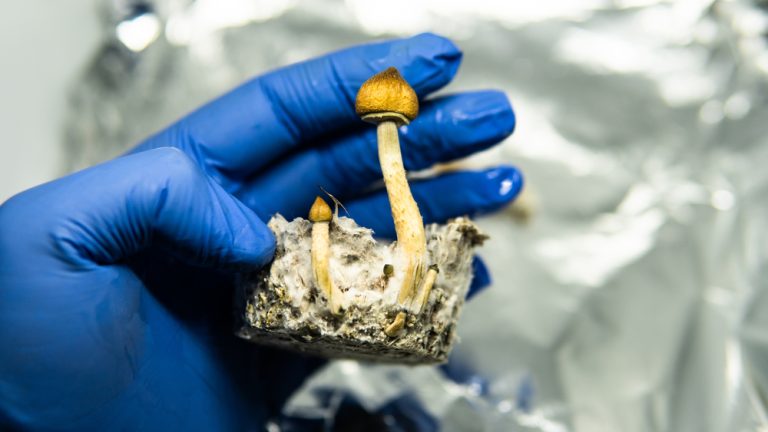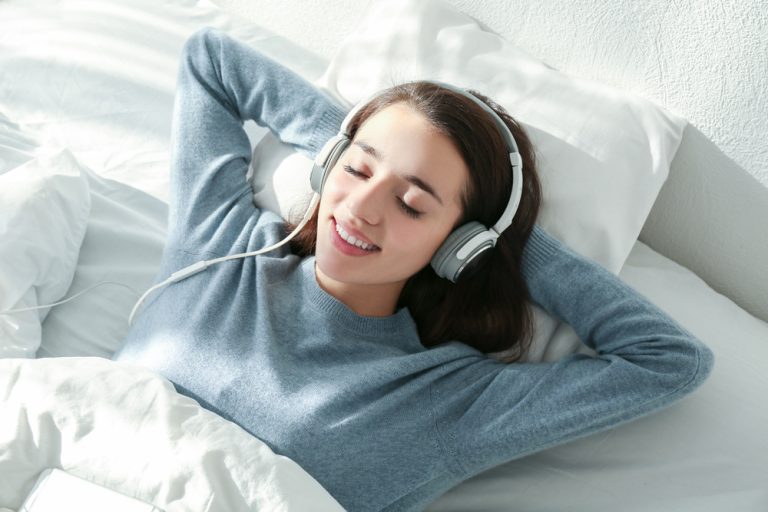The Covid pandemic really scrambled a lot of our traditional social cohesion. There are a number of potential reasons for why people might be socializing less. They include fears of getting sick, for one. In addition, many people are no longer working at the office. Instead they are working from home, which cuts down on social interaction as well as opportunities to go “out on the town” with your colleagues after work. And the third factor that I think is important to consider is the vocational insecurity that a lot of people are feeling given a lot of the layoffs at companies. It’s hard to socialize with your friends and spend money on restaurants or trips when you’re worried that you might be laid off at any minute. Given all this. It’s not surprising that a recent poll shows that fully 42% of Americans state they are less sociable than before Covid and 36% respond that their quality of life is worse off now and 30% think they are more anxious now.
Similar Posts

All About Schizophrenia
Schizophrenia is a complex and chronic mental health disorder characterized by disruptions in thought processes, emotions, and perceptions. Its exact cause remains elusive, likely stemming from a combination of genetic, neurological, and environmental factors. Onset of Schizophrenia often occurs in late adolescence or early adulthood, impacting a person’s ability to distinguish between reality and hallucinations…

What is Artificial Intelligence and How Does it Work?
How does AI therapy work? There are a number of ways that artificial intelligence can be used to provide therapy. For example, certain AI technology provides feedback for the journal entries that a patient makes. This means that an algorithm reviews and reaches conclusions about the entries, determining the emotional status of the patient and…

All About Psilocybin
Psilocybin, a naturally occurring psychedelic compound found in certain mushrooms, has gained increased attention in America for its potential therapeutic benefits. While psilocybin remains classified as a Schedule I substance at the federal level, some states and cities are exploring decriminalization and regulatory measures. Research into psilocybin’s therapeutic effects has shown promising results, particularly in…

Q&A on “Therapy Speak”
What is a professional definition of “therapy speak”? “Therapy speak” typically refers to the language and communication style used by therapists during counseling sessions. It involves active listening, empathy, and a supportive tone to help clients express their thoughts and feelings effectively. It often includes reflective statements and open-ended questions to promote self-reflection and exploration….

A Q&A on Food Addiction
For someone with a food addiction, will they eat because they’re unhappy and food seems like an aid to that problem?People can develop a compulsion or addiction to overeating for a number of reasons. Some people have a genetic disposition to develop addictive behaviors, for example. Sometimes people are struggling with stress and anxiety and…

A Q&A on Autonomous Sensory Meridian Response (ASMR)
How does ASMR help people relax and fall asleep? There are a number of theories on how Autonomous Sensory Meridian Response (ASMR) improves sleep. The Sleep Foundation states that ASMR seems to stimulate areas of the brain which produces neorohormones associated with calming and sleep such as dopamine and oxytocin and endorphins. Among people who…
